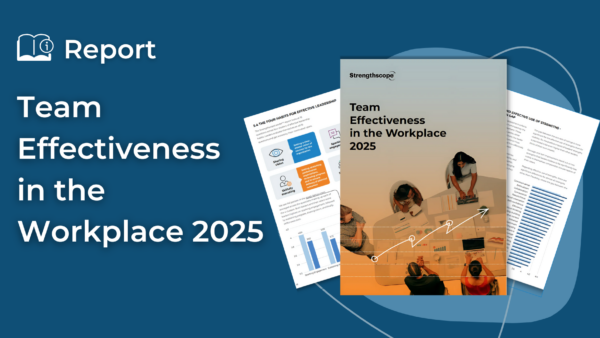An ever increasing number of stories in the media reveal the unprecedented pressures leaders face today.
British newspapers recently covered a story about Paul Flowers, the former Co-op Bank Chairman who was filmed allegedly buying cocaine. In a similar story, the Mayor of Toronto, Rob Ford admitted to having smoked crack cocaine caused by a very troubled time for him.
Sir Hector Hants, one of the best known figures in the City and compliance chief of Barclays until recently, quit his job recently after months off with stress-related illness. This case is unfortunately, far from unique. Another bank chief, Antonio Horta-Osorio, CEO of Lloyds Banking Group, had to take two months off to recover from stress in 2011.
Of course, these stories are the ones we see in the media and reveal just the tip of the iceberg. In our coaching and leadership development work, we see too many leaders who are suffering from chronic work-related stress. Risks include physical, psychological, organisational and personal ones, including deteriorating health, attention-deficit syndrome, high levels of negative stress, deterioration in performance and breakdown of healthy family relations. In a demanding world where a culture of workplace presenteeism often prevails and terms like “superfast” and “hyper-growth” are the new buzzwords, even the most resilient and agile leaders are likely to buckle and succumb to growing workplace pressures. Of course, the problems have deep-seated, systemic causes which need to be addressed through longer-term organisation and societal change.
However, leaders can take the following steps to prevent becoming casualties of this fast-growing workplace epidemic:
1. Acknowledge your limitations
It’s important for every leader, regardless of how intelligent or resilient they think they are, to accept that they are not super-heroes with infinite capability and energy. Everyone has areas of weakness and vulnerability and leaders can actually become stronger if they accept these and bring other people in to support them when they are under a lot of pressure of simply need someone who thinks and behaves differently; in other words, people with complementary strengths and styles.
2. Set clear boundaries
Strong leaders set clear boundaries between work and personal life, although this is often extremely challenging given today’s technology and 24-7 work culture. Work often becomes the winner in the battle for a leader’s focus, time and energy, especially among high achievers, who become addicted to and find ego gratification in a steady stream of work-based achievements. Clients of ours who are successful in protecting their personal time set simple ‘rules’ for themselves like switching off from work after 9pm or ensuring they get home for dinner with the family one or two days per week. To ensure work colleagues understand and honour their boundaries insofar as possible, leaders can communicate these clearly to their boss and colleagues and remind them if they aren’t respecting these expectations.
3. Become a master delegator
Many leaders and managers we meet, especially those who have progressed into leadership positions through highly specialised career tracks like engineering and pharmaceuticals, are not good at delegating. Poor delegation not only undermines employee motivation and morale, but also puts a huge psychological and mental burden on the leader as they end up carrying a disproportionate amount of the team’s work and responsibility. Good leaders learn to empower their people and hold them accountable for effective follow-through and results. They look for opportunities to optimise others strengths, skills and experience, challenge them to move outside their comfort zone and provide support, coaching and encouragement to ensure they succeed.
4. Be curious and step beyond your comfort zone
This might sound counter-intuitive, but the happiest and most satisfied leaders are often the most curious although curiosity often involves higher levels of anxiety. They find new opportunities to stretch themselves and see each new situation as an opportunity to explore and grow their skills and strengths. In this way, they turn potential sources of distress into positive challenge and self-improvement. By spending time outside their comfort zone becoming stronger and more agile, curious leaders learn to deal more effectively with the high levels of change and uncertainty that characterise today’s business environment.
5. Ensure a strong network of support
Strongly independent people are often the most vulnerable when the heat is turned up at work; they internalise negative stress which builds up until it overwhelms them. Leaders should look to build strong networks within and outside work to provide both practical and emotional support during times of great pressure and uncertainty. Unfortunately, like me, many leaders have been bought up by their parents with a strong belief that strength and success comes from being independent and self-reliant. These beliefs need to be challenged and replaced with ones that recognise the true value of connectedness and collaboration, not only in achieving results, but also in bringing lasting happiness in life generally.
James Brook










